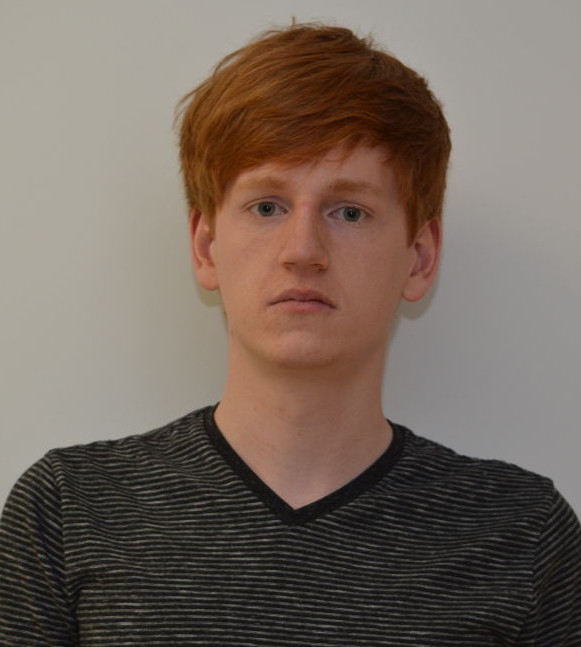I love to make music.

In the past I’ve written songs with just my voice and a guitar, but for the last five years I’ve focused on producing electronic music on my computer. As an amateur producer, part of getting better at my craft is replicating styles of producers I admire. Los Angeles beat-maker DJ Mustard, who writes R&B and hip hop, has gained notoriety for having a very specific style that is changed slightly to form the backing of many popular songs. The Iggy Azalea number one hit Fancy was identified as being part of a trend of other producers taking Mustard’s signature sound.
The music, a staccato, four-note bass sequence played overtop a sparse drum track consisting of little more than handclaps and kick drums, is almost an exact retread of the Mustard song Put This Thang On Ya.
I’m completely guilty of the same thing.
There are two different tracks I created that are of a kind with Mustard’s productions, and I’m very proud of both. I knowingly used his stylistic traits. But the choices I made to create those tracks – the melodies, the chord structure, the placement of each individual sound – were all my own.
On March 10, a jury settled in favour of Marvin Gaye’s estate against Robin Thicke and Pharrell Williams, claiming Thicke’s song Blurred Lines owed an uncanny similarity to Gaye’s song Got To Give It Up.
This sets a new, and potentially stifling, precedent for what constitutes musical copyright infringement. Previously, infringement cases were almost always in regards to a melody, or occasionally harmony. British rock band Radiohead’s song Creep was accused of stealing from The Air That I Breathe, a song by popular ‘60s group The Hollies, because of the unusual guitar chord riff heard in the verses of both tracks. The Hollies were eventually given a writing credit on Creep. But the Blurred Lines suit is the first time a song’s rhythm has been declared infringing in court.
I’m not a professional – the royalties Thicke and Williams made from Blurred Lines are reportedly over $5 million USD, and I don’t expect I’ll ever be paid for my work – but I would still take offense to being labelled a copycat. Musical creation has always been a process of hearing, internalizing and transforming, and I don’t think Blurred Lines is anything more than that.
Thicke and Williams are appealing the case, and for the sake of innovation, I hope they win.


